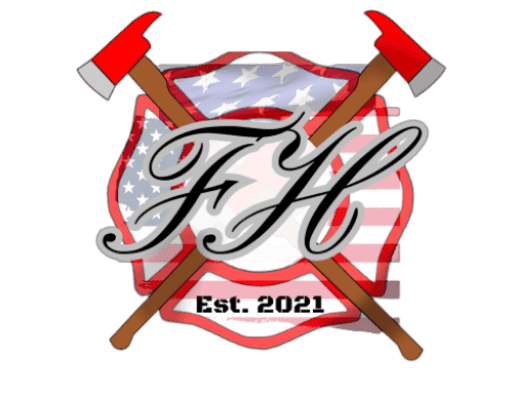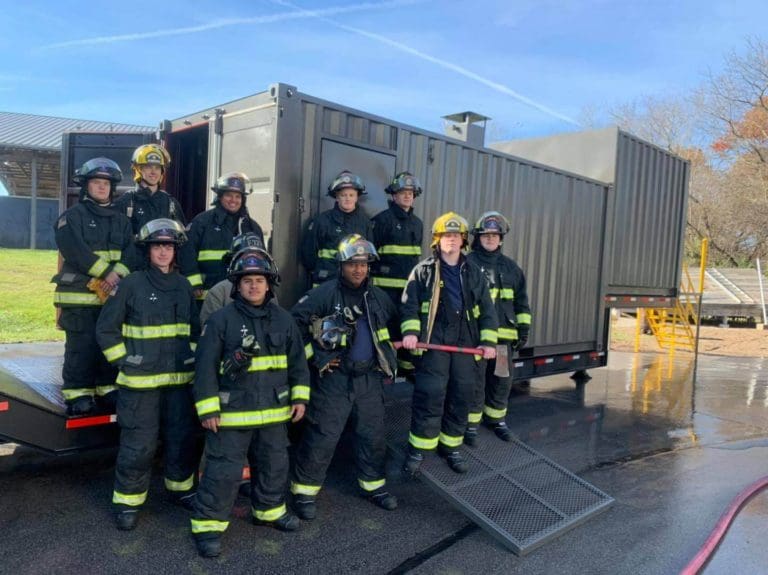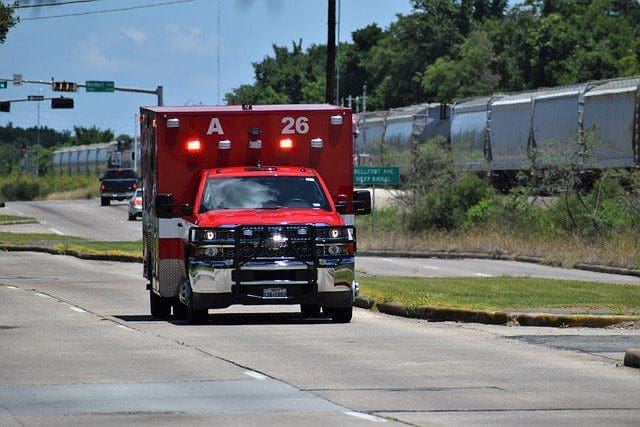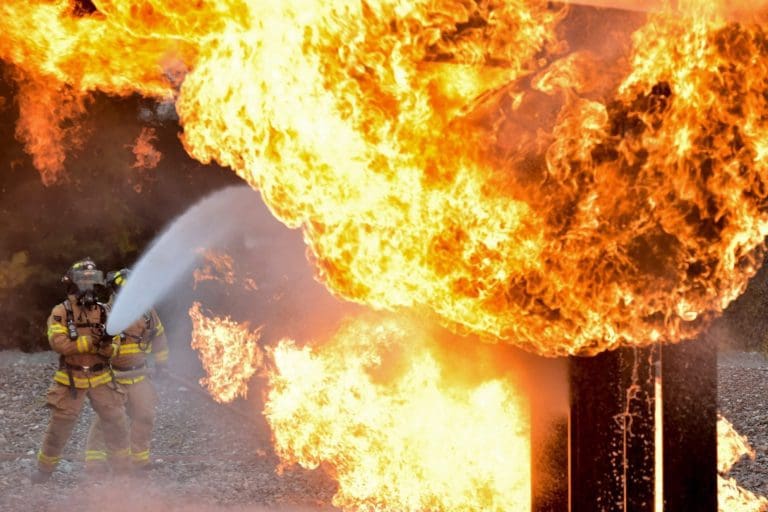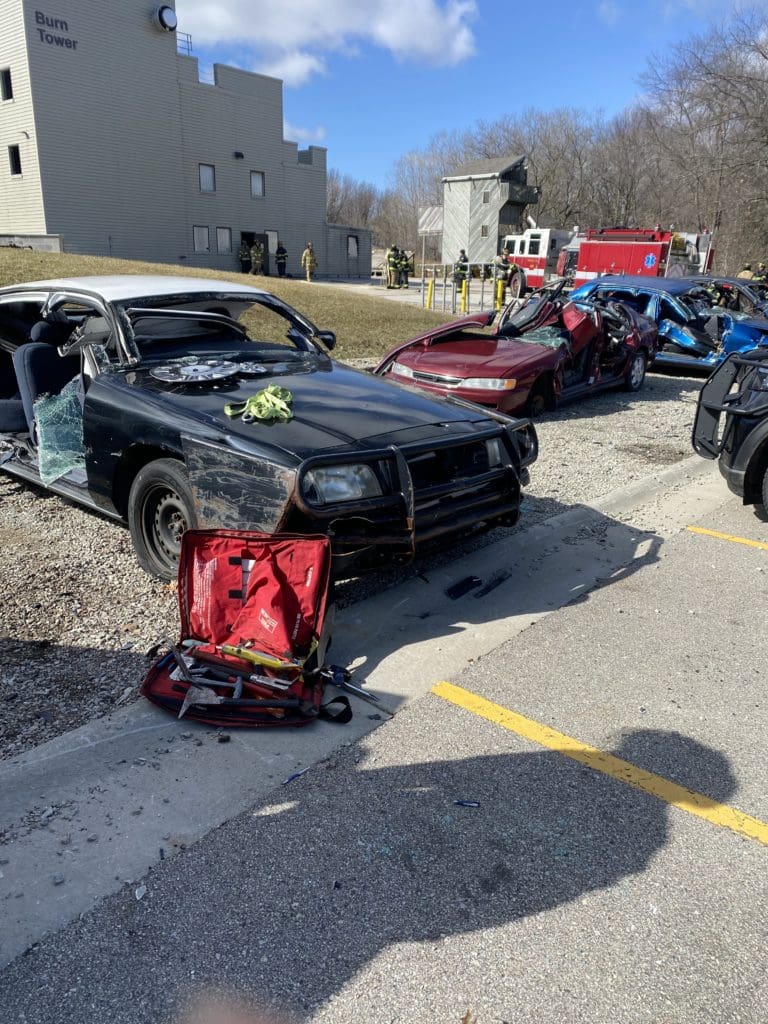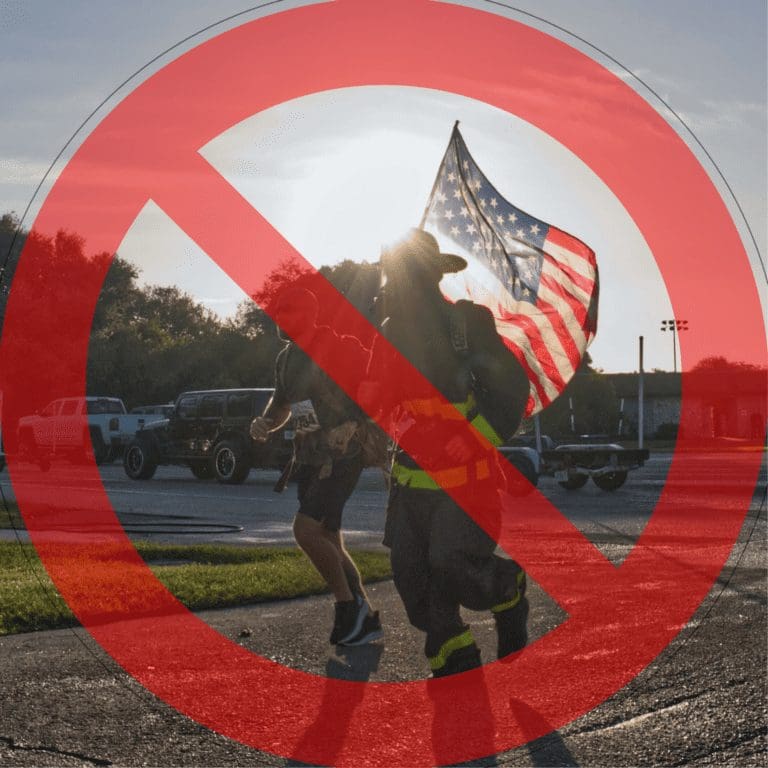Do Firefighters Earn Good Money
Every year there are reports on the news of wild fires that occur on a frequent basis. I have always personally thought, how could this happen over and over and over again, year after year. But Just like in structural firefighting, it tends to happen way too often than it should, because of the amount of public education about how fires start that are given to the general public. For example, a common cause of house fires during the winter are space heaters. Although there are countless reminders about how dangerous they can be as seen on commercials, people don’t assume it’ll happen to them.
Same thing occurs with wildfires. Common causes of wildfires are things like unattended campfires, cigarette butts tossed into brush and not fully put out.
It is a well known opinion that public safety workers earn terrible money for what they are worth. Some believe that public safety workers earn too much, while others believe firefighters earn too little. What does that look like for the fire service,
Do firefighters earn good money?
The simple answer is yes! Firefighters earn a very decent living while working a pretty cool schedule. Now, This answer will mostly depend on where the firefighter works, whether the firefighter is a federal employee, municipal employee, or a private firefighting service. Furthermore, this will also depend if the firefighter is full time, part time, seasonal, or volunteer. Let’s get a little deep in each of these below.
Federal Firefighting
Many people may not be aware that federal firefighting is a thing. Although not as well known it is still very necessary. There are at least two types of federal firefighting. One is Wildland firefighting, and the other are Department of Defense (DoD)
Wildland Firefighting
Every year there are always reports on the news about wildfires occurring in many parts of California and other western states. This tends to happen seasonally, so you tend to have wildland firefighters come from all over the country and beyond, just for wildfire season.
Wildland firefighting is a different beast than structural firefighting. I also like to argue that I believe wildland firefighting is far more dangerous as well. It is very easy to be surrounded and trapped by the fire. Since I am not talking about the specifics of wildland firefighting, but rather, how much can a wildland firefighter make, I will break it down.
Since wildland firefighting is a seasonal job, their pay will reflect that . Since they are federal workers, they also have a payscale available to view here from the Office of Personnel Management. Base pay for an entry level (GS-2,3) is around 13.50 per hour. During the offseason, wildland firefighters are paid this amount hourly. During fire season or the “on” season, wildland firefighters can make around $20-40,000 during the 6 month period. As with any federal position, you make more money, the higher in the payscale you go, which is usually determined by time and credentials. So even though it can be a decent chunk of change during fire season, I personally believe it’s great if you don’t have a family and a lot of bills to take care of.
Department Of Defense (DoD) Firefighting
Next type of federal firefighting is those that operate on federal and military bases. Every branch of the military has dedicated firefighters on their bases and in their ranks. The Navy and Coast Guard tend to train ALL of their personnel to deal with fires aboard their ships or submarines. Now when it comes to the amount of money that they make it is very similar to wildland firefighters.
Base pay for DoD firefighters are all based on both rank and length of service; there tends to be very little options to add to that base pay besides certain certifications. Now here is how they both differ.
With wildland firefighting there are no guarantees that they will provide lodging for you. So most of the time, you can expect to be paying for your own lodging, while a few companies will pay for your stay.
Now with DoD firefighters, and this is just with all active duty members of the military, lodging is provided. One thing I really enjoyed while I was in active duty, was the fact that the only bills I ever really had was
- Car note
- Internet bill
- Food (if I didn’t want to eat for free/nearly free at the cafeteria)
- Items for my newborn son at the time
- Travel money
Those were literally the only things I had to worry about bill wise, everything else was covered by the military. So the base pay indicated by rank and time in service really did go a long way. The schedule might suck for DoD firefighters, but money is definitely not a very big concern.
Municipal Firefighting
Municipal firefighting is just another way people call structural firefighting. And this is the type of firefighting I speak about most on this blog. Now you have both volunteer departments and full time departments. With volunteer departments, they tend to be somewhat synonymous with “Paid on Premise” , or “Paid on Call”, or even just straight unpaid volunteer. Despite sometimes being referred to as different names, they are all paid differently.
So around my area, a newly hired firefighter makes about $2,288 per paycheck, and after 18 months on the job, that same firefighter will start making $2,473 per paycheck
Paid On Call
Firefighters that are paid on call, are paid by the amount of calls they respond to. Some places tend to be some kind of combination between the two. So the way you would get paid is something like, You get paid a flat rate of $50 for every fire call you go on, and $25 for EMS calls. So If you spend a shift at the station and no calls come in, then you don’t get paid at all, but if you had a bizarre shift of like 4 structure fires in a single shift, that’s $200 for that one shift. Because of this possibility of not getting paid at all, some places will some form of mix between paid on call and paid on premise structure.
Paid On Premise
Firefighters are paid while they are physically at the station. Just like any job that you would go clock in, while you are physically there. Some places pay paid on premise firefighters at a rate of $16 an hour or higher. Again this all depends on your location, and your specific department.
Unpaid Volunteer
Firefighters who are strictly volunteers are just that, completely unpaid. Many do it for something fun to do, others want to simply help out their communities that may be too small for a full time or even “semi” part time department
Full-Time
Full time firefighting tends to make the most money as a civilian. Remember that the amount a firefighter may make is relative to the location the firefighter works, and if it is on the federal level, local level, or a private company (Which we will talk about next).
Full time firefighters are paid somewhat of a salary. It is usually hourly pay, but you are paid as if you are on salary, while being able to earn overtime. Now it is well known how awesome firefighter schedules can be. On every time of schedule, you tend to end up with many days off. So a lot of firefighters pick up other hobbies, start side businesses or work other jobs, bringing in more income. There are firefighters I know that have their own tree service business on their off days, do real estate investments, or fix and flips, others do insurance or even are instructors. All of this brings extra income to that firefighter, so full time employment tends to give firefighters the flexibility to pick up more income opportunities if they become bored. Check out this other post I talk about some advantages of being a firefighter
Private Firefighting
Private firefighting companies can be found in many private businesses. For example, many paper mills or oil and gas refineries will have their own fire brigades. These fire brigade firefighters are regular machine operators or supervisors, forklift drivers who also happen to be firefighter certified.
So If a machine operator for Georgia Pacific (paper mill) usually makes $50 an hour, he/she may make an additional $2-4 for hazard pay if they are part of the fire brigade. Whether or not all manufacturing places do this? I don’t know, but some do.
Conclusion
There can be a lot of money made in firefighting, but at the end of the day, it is truly relative to each individual person and his/her own situation. I personally view it as pretty decent pay. Others may see it as a lot of money, while others may see it as very little. One thing is for sure, If you are looking to become rich from firefighting, it’s probably not going to happen, unless you create a solution to modern firefighting problems that departments buy like crazy, then you may be rich from that, but not from actually fighting fires.
If you want to be updated whenever we upload new content, sign up here on the sidebar on the right.
